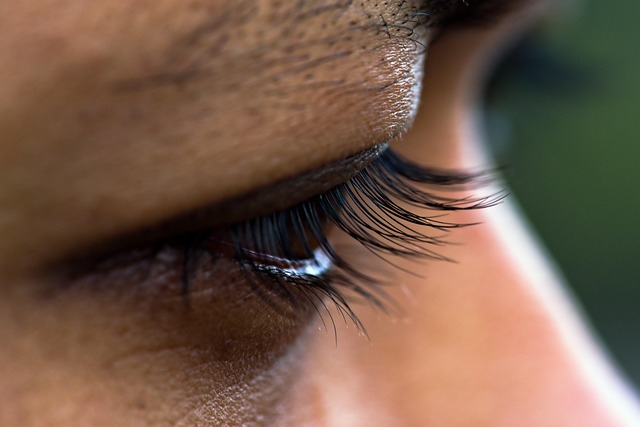Genetic predisposition plays a key role in Bristol Tag Removal, with family history influencing skin tag development. Friction and hormonal changes are primary causes, requiring tailored solutions to prevent recurrence. Aging and sun exposure also contribute, emphasizing the need for long-term management strategies.
Skin tags, also known as acrochordons, are common skin growths that can appear anywhere on the body. This article delves into the primary causes behind these benign yet often irritating bumps. We explore genetic factors, with conditions like ectodermal dysplasia predisposing individuals to skin tags. Friction and constant rubbing accelerate their development, while hormonal changes and imbalances play a significant role. Ageing and skin looseness also contribute, making Bristol tag removal a common concern for many.
- Genetic Predisposition and Skin Tags
- Friction and Constant Rubbing
- Hormonal Changes and Imbalances
- Ageing and Skin Looseness
Genetic Predisposition and Skin Tags

Some individuals are genetically predisposed to developing skin tags, making them more susceptible to these small, harmless growths. This genetic factor plays a significant role in their occurrence, especially when combined with other contributors. The tendency for skin tags can run in families, suggesting a strong hereditary component.
In Bristol, many people seeking Bristol Tag Removal services often have a family history of skin tags, indicating a potential genetic predisposition. Understanding this link is crucial as it influences the management and prevention strategies. Genetic factors, combined with environmental triggers, contribute to the formation of these tags, highlighting the complex nature of their development.
Friction and Constant Rubbing

Friction and constant rubbing are among the most common causes of skin tags. These small, harmless growths often appear where skin rubs against itself or other surfaces. For instance, they frequently occur in areas like the neck, armpits, groin, and under the breasts. People who engage in activities that involve frequent friction, such as running or wearing tight clothing, are more prone to developing skin tags.
In Bristol Tag Removal cases, addressing the underlying cause of friction is crucial for preventing new tags from forming. Over-the-counter treatments may help remove existing tags, but they won’t stop them from reappearing if the skin continues to experience excessive rubbing. Consulting a dermatology expert can provide effective solutions tailored to each individual’s needs, ensuring long-term relief from these benign yet often unsightly growths.
Hormonal Changes and Imbalances

Hormonal changes and imbalances play a significant role in the development of skin tags, making them more prevalent during certain life stages or due to underlying health conditions. Fluctuations in hormones, particularly insulin, can lead to an increase in skin cell growth, resulting in the formation of these small, soft appendages. This is often seen in individuals with conditions like polycystic ovary syndrome (PCOS), where irregular hormone levels can cause excessive insulin production, triggering skin tag development.
Additionally, during pregnancy or menopause, women may experience significant hormonal shifts that can contribute to skin tags. The Bristol Tag Removal process acknowledges these factors and offers solutions tailored to address the root causes, ensuring effective management and potential prevention of future skin tag growth.
Ageing and Skin Looseness

As we age, our skin undergoes natural changes, including looser elasticity and reduced collagen production. This gradual process can lead to the development of skin tags, particularly in areas where skin folds or friction occurs. Bristol tag removal might be required as skin loosens, making certain parts more susceptible to these benign growths.
The accumulation of sun exposure over time also contributes to skin ageing and weakened integrity, further increasing the likelihood of skin tags forming. Maintaining healthy skin through adequate sun protection and hydration can help mitigate this effect, but some individuals may still develop skin tags due to their inherent skin structure and age-related changes.
Skin tags are a common skin condition, often caused by a combination of factors including genetic predisposition, friction from constant rubbing, hormonal changes, ageing, and skin looseness. Understanding these causes can help in managing and, for some, considering effective removal methods like those offered by Bristol Tag Removal services. By addressing the underlying reasons, individuals can take proactive steps towards maintaining healthier, smoother skin.
